Articles.

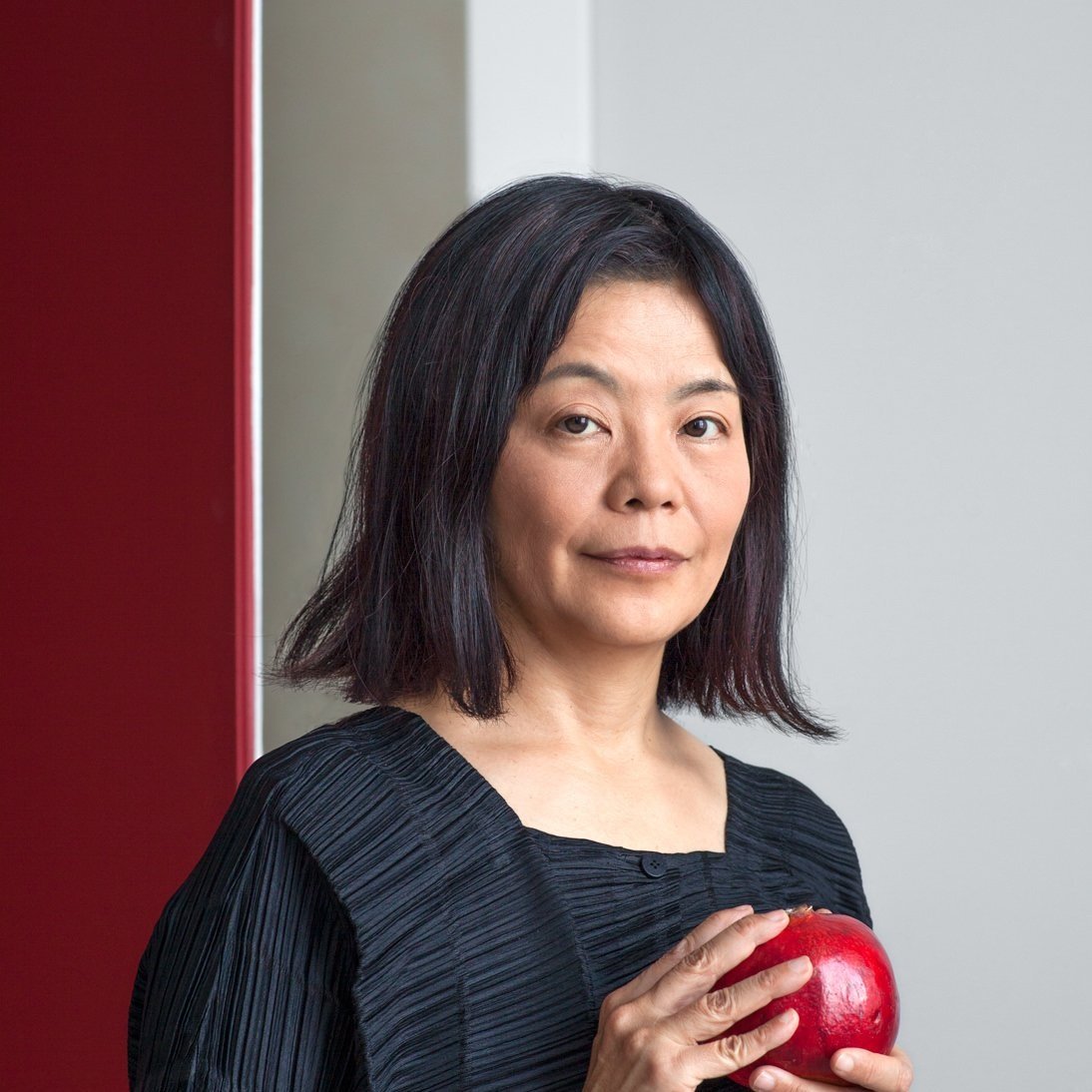
A good idea, a bad execution - The Emissary by Yoko Tawada
Good questions, bad answers, the book.
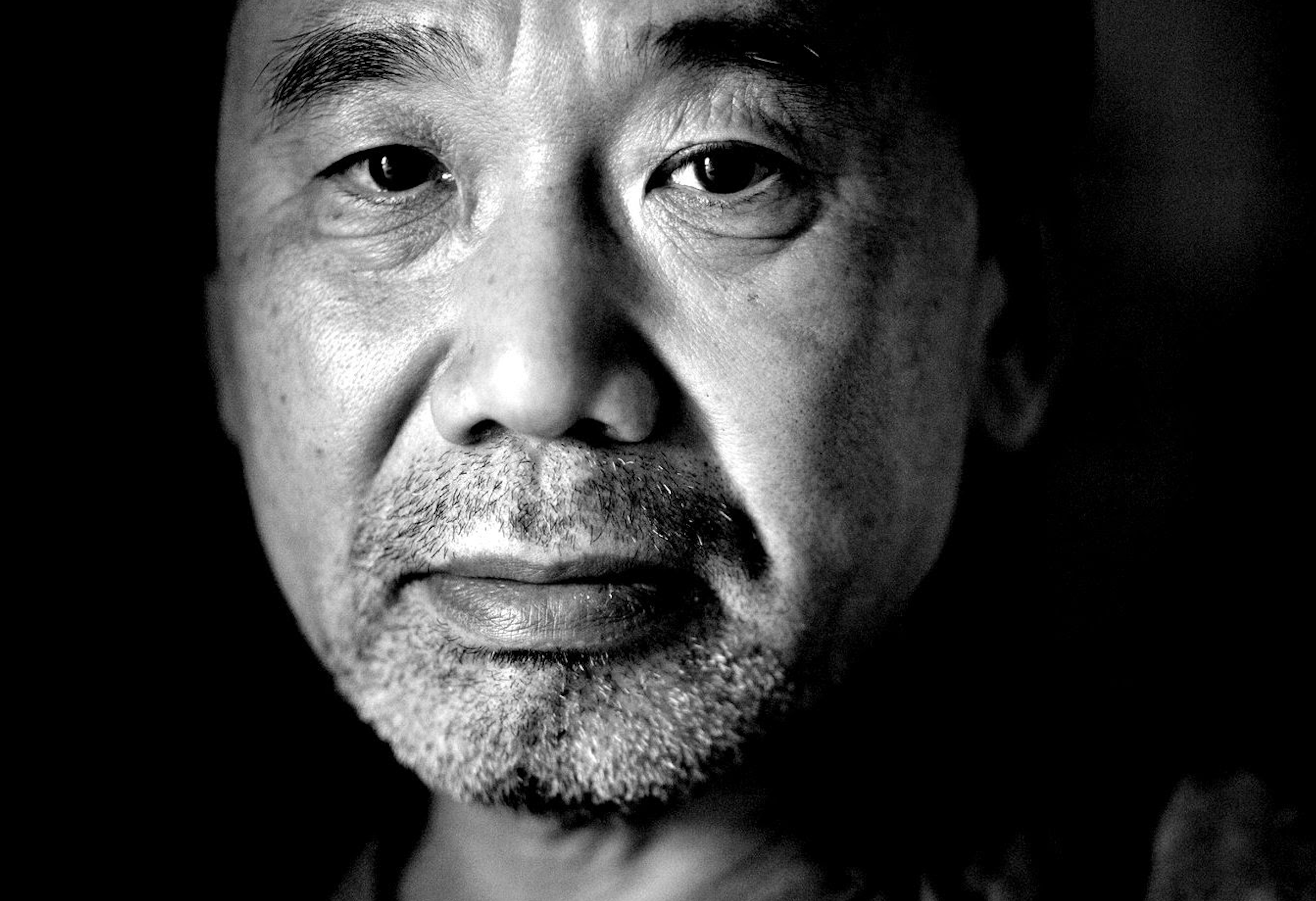
The long Wind-up Bird Chronicle by Murakami
The infamous Wind-up Bird Chronicle by Murakami has many mixed feelings but I believe it to be a masterpiece.
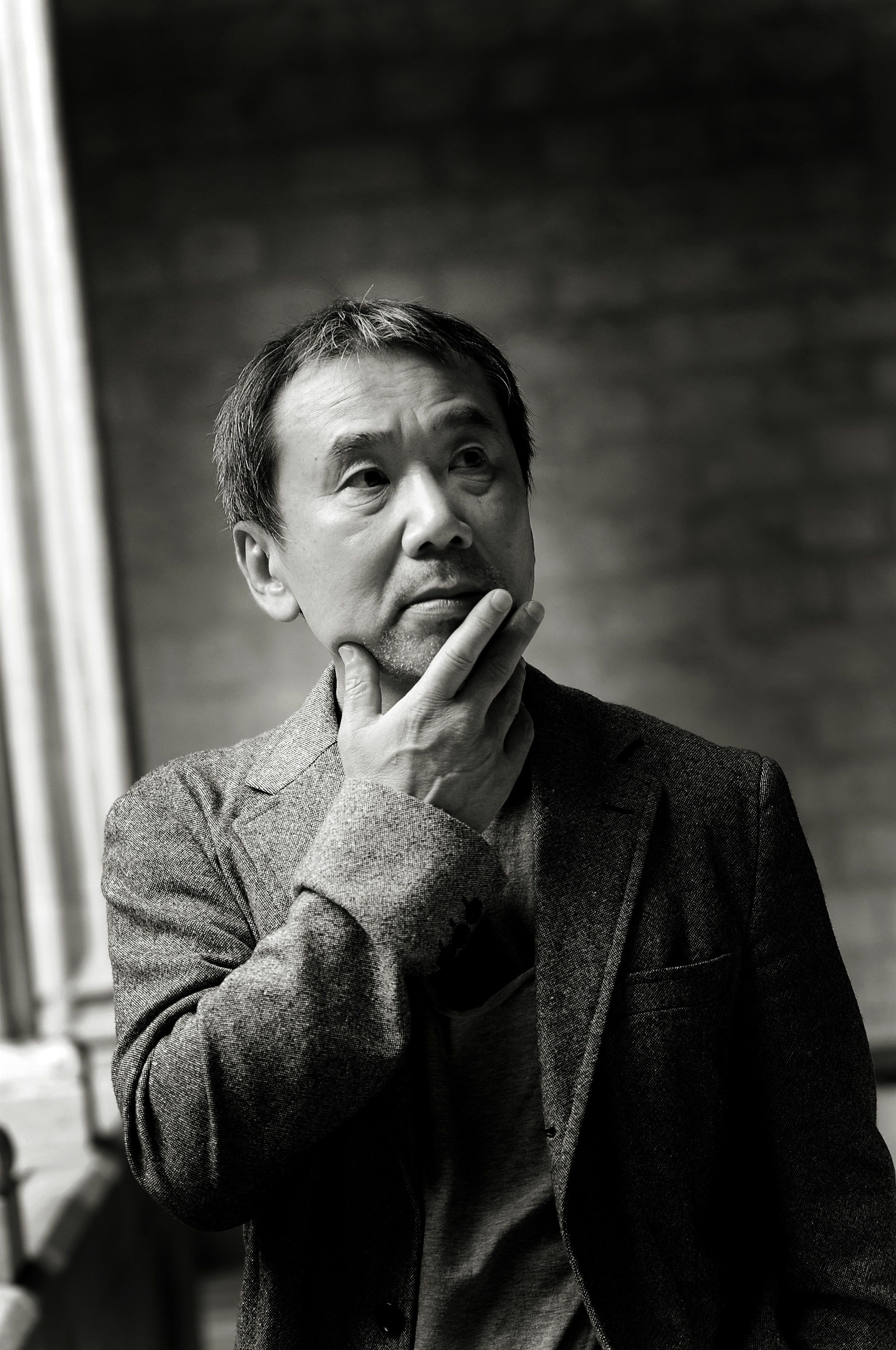
First Person Singular, another confusing mesmerising book by Murakami.
Eight short stories, Haruki Murakami, beautiful cover, what could go wrong?

The terrifying judges of right and wrong by Yukio Mishima
Disturbing, terrifying and disgusting but equally glorious and elegant. This book has changed the view I used to have of how literature had to be. I have once again fallen again with a new Japanese writer.
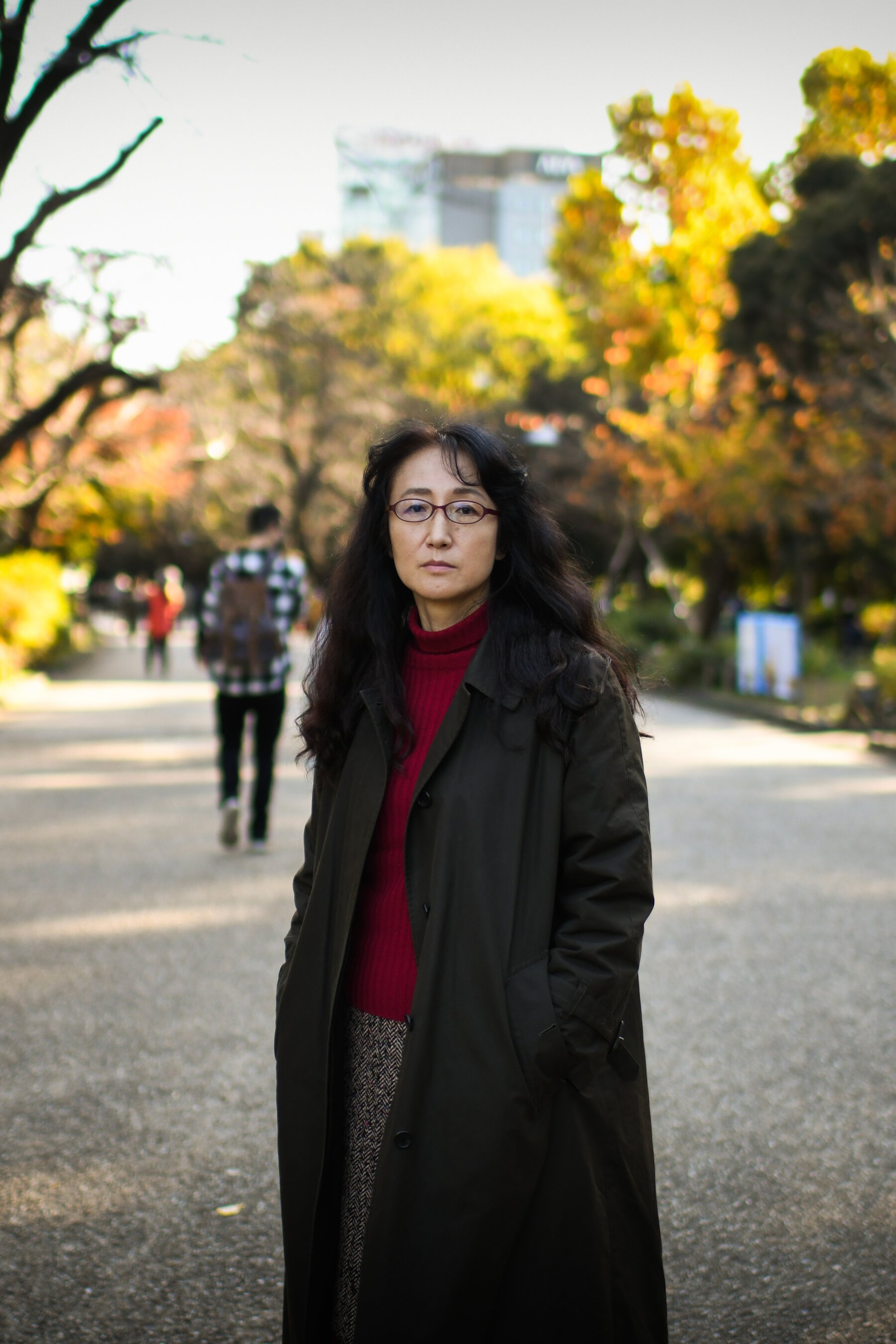
The Homeless Japanese ghost by Miri Yu
If I had to recommend a book to start with Japanese literature, I would recommend this book. It is a great introduction that shows all the wonders of this type of literature…

Yoko Ogawa’s Beautiful talent - The Housekeeper and the Professor
This book has changed my life in a matter of days. I still have the image of Root, a little kid being entertained by the intelligent words of the professor stuck in my mind. This book has touched my heart and the heart of many others…
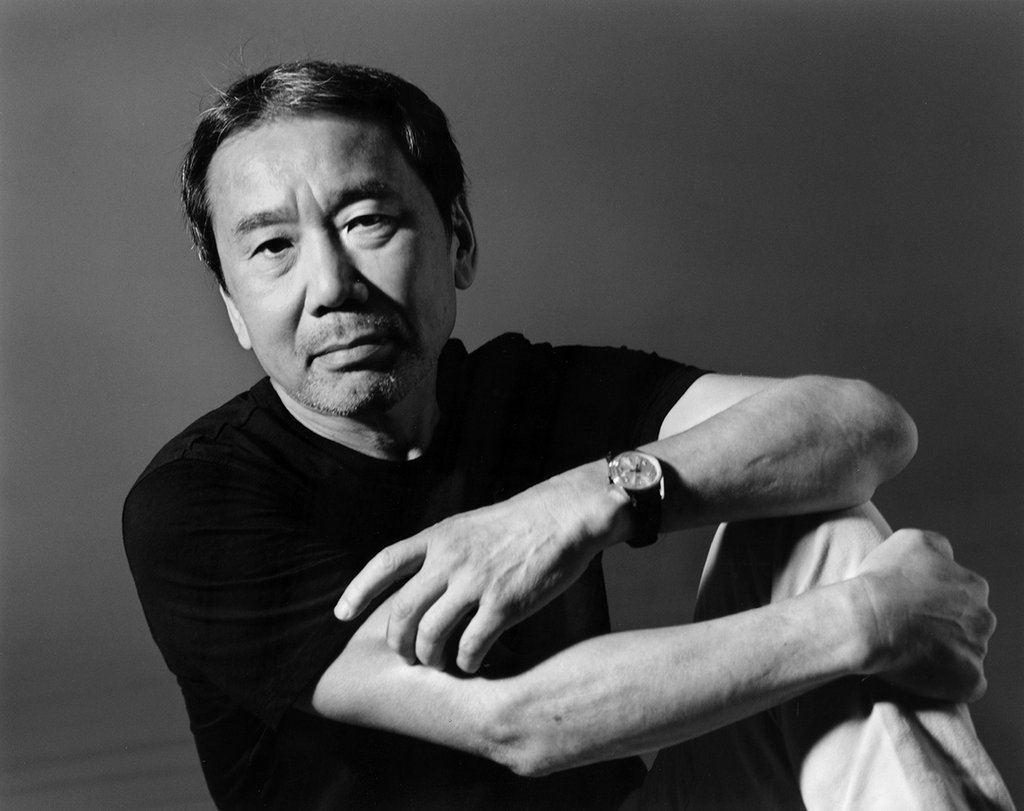
The Hypnotic Prophesy by Murakami - Kafka on the Shore
This novel was an addiction since the moment I started it. I had never been so bewitched by a novel before that I had to stop reading and think about what I had just read. Not because I didn’t understand but because I could not believe the twists and turns this novel kept taking…